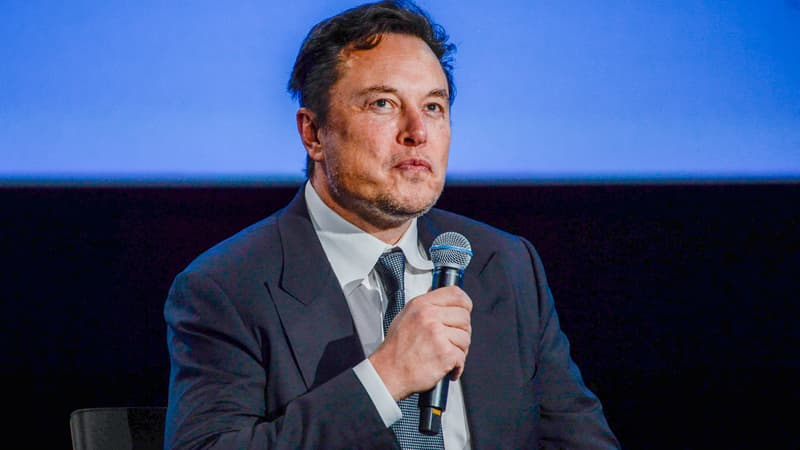A battle of tweets swept this Monday on Twitter. The American billionaire and CEO of Tesla, Elon Musk, has drawn the ire of high-ranking Ukrainian officials such as Volodymyr Zelinsky or the Ukrainian ambassador to Germany. And he ended in insults.
It all started with a survey published by Elon Musk in which he proposed his peace plan: hold new referendums on the four territories annexed by Russia this time under UN supervision, that Ukraine leave Crimea and adopt a “neutral status”. The survey received more than 2 million responses, mostly “no.”
It was published on the same day the Russian parliament voted to formalize Moscow’s illegal annexation of four regions of Ukraine, following referendums held in those territories last week.
Blame the bots
Elon Musk then reacted to his own poll, ultimately unwelcome. “In fact, the biggest bot attack I’ve ever seen.” Perhaps a nod to Russian computer interference or rather a way to put the survey results into perspective when the issue of bots and fake accounts is at the heart of his lawsuit against Twitter.
A bot is the abbreviation of the word “robot”, it is a computer software that works in part with artificial intelligence, which can be used maliciously as a digital interference tool.
Musk wants to do his part
Reactions to the survey were not long in coming, including from high-level politicians. Ukraine’s ambassador to Germany, Andrij Melnyk, answered the poll simply “no” before becoming embarrassed: “Fuck you is my very diplomatic response, Elon Musk.”
Criticism continued from politicians. The Ukrainian president himself published another poll in response. “Which Elon Musk do you prefer?” Two possible answers: “The one who supports Ukraine” or “The one who supports Russia.”
To which Elon Musk replied again with a poll: “Let’s try this then: it is the people who live in Donbass and Crimea who should decide whether they are part of Russia or Ukraine.”
All of these polls and subsequent responses were widely shared on Twitter.
Elon Musk quickly wanted to play a role in Ukraine’s war against Russia. Shortly after the Russian invasion, he announced that Starlink satellite Internet antennas would be sent to Ukraine. Last May, 10,000 terminals were shipped.
Source: BFM TV


